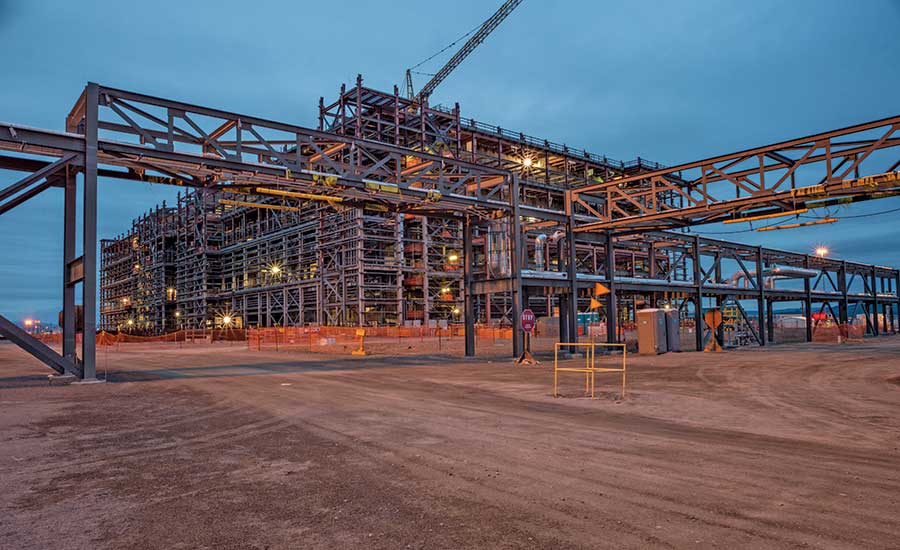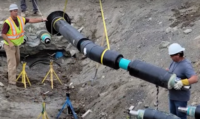U.S. Sen. Claire McCaskill (D-Mo.) says the new contracting arrangement pioneered by Bechtel National Inc. on the Dept. of Energy’s Hanford nuclear-waste site’s Waste Treatment and Immobilization Plant—a $16.8-billion project now four times above its original budget, with 17 years of added schedule—comes with risk to taxpayers.
The top-ranking Democrat on the Homeland Security and Governmental Affairs Committee says Bechtel and AECOM have a history of waste and fraud—the companies recently paid the government $125 million in a settlement after a Hanford whistle-blower alleged they used government funds for lobbying and charged the government for materials that did not meet nuclear quality standards. Further, earlier this year, the two firms still were allowed to subcontract to themselves in an effort to avoid direct oversight by the government on a project to clean up and turn into vitrified gas 56 million gallons of liquid radioactive waste, McCaskill claimed.
“We know that these companies have fallen short on nuclear safety standards and used taxpayer dollars for lobbying, yet the Dept. of Energy is allowing them to move forward with a contracting arrangement that allows for less oversight,” McCaskill says. “I look forward to getting answers on why the Dept. of Energy thinks this is a good idea.”
McCaskill requested a briefing with Rick Perry, DOE secretary. Bechtel spokesman Fred deSousa says the firm is working with the DOE to provide answers to McCaskill’s questions. “As we announced in January, the shift to a phased startup of the waste treatment plant required a change in Bechtel’s execution approach to address the complexities of managing environmental, safety and health risks associated with concurrent construction, startup and commissioning activities and creating one workforce across construction and commissioning activities,” he says.
In January, Bechtel and AECOM formed the Waste Treatment Completion Co. (WTCC) LLC to finish construction and lead the startup and commissioning of more than 20 facilities needed to treat nuclear waste at the new Waste Treatment and Immobilization Plant. WTCC subcontracts to Bechtel, which continues to provide project leadership, engineering, procurement and other key functions, the company says.
The new structure doesn’t incur new costs to the taxpayer, and employees already on the project can more efficiently deliver the project and start treating low-activity waste by 2022, Bechtel says. “Having an active nuclear facility within a construction site creates additional environmental and safety challenges,” says Scott Oxenford, WTCC president. “WTCC provides a single, integrated team with line of sight to both startup and commissioning and construction and enables consolidated decision-making.”
McCaskill doesn’t agree, saying allowing Bechtel and AECOM to subcontract to their own subsidiary raises questions about DOE’s oversight.





